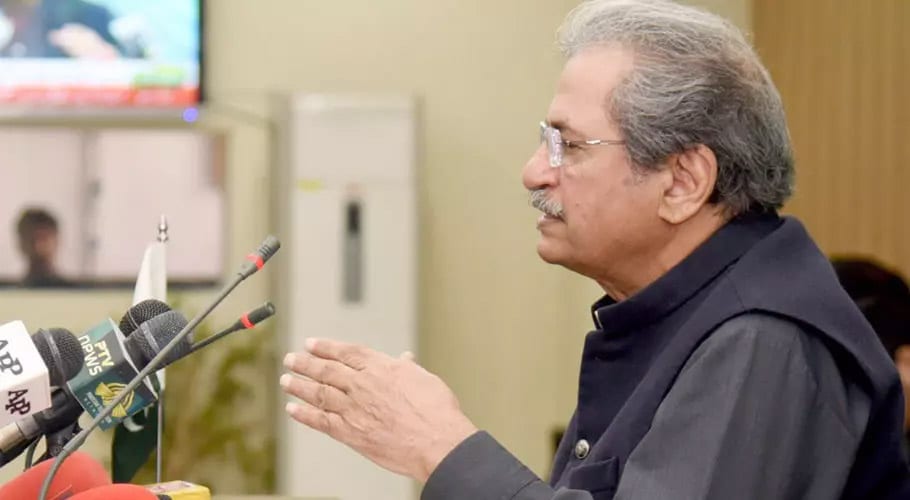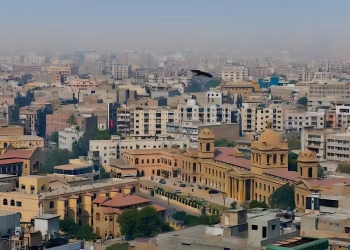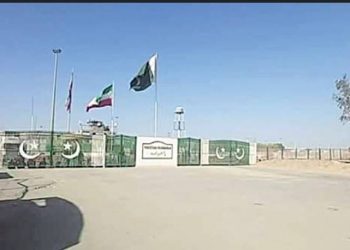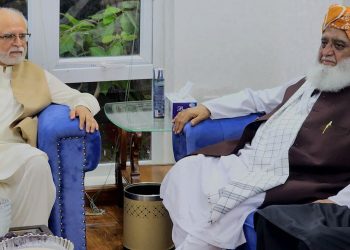Education Minister Shafqat Mahmood has announced a revised timetable of the reopening of educational institutions, according to which classes from 9th to 12th will start from 18 January 2021 as planned previously, while classes 1-8 will begin from 1st February instead of 25 January 2021. Shafqat Mahmood informed that the universities will reopen from 1st February as had been decided in the previous meeting.
High school students will not be promoted
While addressing a press conference after the National Command and Operation Centre (NCOC) meeting the minister said no child will pass the class without examination.
During the press conference, he said that this year, high school students will not be promoted without examinations and therefore, it had been decided that their classes should resume. Higher education institutions will also reopen from 1st February along with primary and secondary schools.
The federal minister said that next week, the NCOC will review infection rates in different cities and districts before the reopening of higher education institutions and primary and middle schools.
The authorities will discuss if education institutions in cities and districts where the infection rate is high should remain closed. He clarified that a decision to delay reopening in areas with high infection rates has not been taken.
Sudden spike in coronavirus cases
The minister’s remarks come as Pakistan battles a second wave of the COVID-19 with cases constantly on the rise. The country reported its biggest jump in coronavirus cases in nearly two months on Thursday. Data issued by the NCOC showed that 3,097 people tested positive for COVID-19 across the country on January 13, raising the national tally to 511,921.
Another 45 people have lost their lives in Pakistan due to the coronavirus and the total number of deaths has reached 10,863 on Friday .
According to the National Command and Control Center, 2,417 new cases of coronavirus have been reported in 24 hours and the total number of affected people has reached 514,338. In the country, 469,306 people have recovered and the number of active patients is 34,169.
The number of coronavirus cases in Islamabad is 39,749, in Khyber Pakhtunkhwa 62,719, Sindh 231,953, Punjab 147,953, Balochistan 18,515, Azad Kashmir 8,567, and in Gilgit-Baltistan 4,882 people have been affected by a coronavirus.
Highest number of deaths
The highest number of deaths due to coronavirus was in Punjab where 4,370 people lost their lives while 3,755 people lost their lives in Sindh, 1,762 in Khyber Pakhtunkhwa, 449 in Islamabad, 101 in Gilgit-Baltistan, 189 in Balochistan, and 237 in Azad Kashmir.
The first 50,000 cases came to light in 86 days and the last 50,000 cases in just 22 days. The first case of coronavirus in Pakistan came to light on 26th February, while the first death from coronavirus was reported on 18th March 2020.
New strain of coronavirus
The National Institutes of Health has confirmed a new strain of coronavirus in Pakistan. According to the National Institutes of Health, a new strain of coronavirus was found in two Pakistanis. Both returned home from the UK on January 4.
It claimed that the variant virus had also been detected in 31 other countries of the world so far. The preliminary epidemiological and clinical findings suggest that the B.1.1.7 variant virus may have higher transmissibility, but without any evidence of increased severity of illness.
Reminder to parents, teachers and schools
Meanwhile, health authorities issued a reminder to parents, teachers, school administrators and students to practice Standard Operating Procedures (SOPs) issued by the government.
Earlier, Special Assistant to the Prime Minister on Health Faisal Sultan had recommended that the number of students in a classroom is reduced and that lessons be taught in shifts so that social distancing could be maintained.
It is absolutely vital that all SOPs are followed to the tee, including avoiding crowds, regularly disinfecting surfaces, not sharing belongings, taking hand washing breaks, and ensuring thermal gun screenings at entrance points. If possible, some classes could be conducted outdoors.
SOPs’ implementation a challenge
On September 15, due to COVID-19 more than a six-month interruption, several universities, colleges and schools in Pakistan opened their doors to guardedly welcome a new term. This was in acquiescence with the government’s decision to reopen educational institutions in phases across the country.
Undoubtedly, Pakistan has had relatively fewer cases of the novel COVID-19 compared to other countries, and some of the initial fears surrounding the virus have dissipated. But the fears and threats came true, as soon as the reopening of educational institutions as the resurgence of COVID-19 cases reported in the country as a result, the authorities compelled to close the educational institutes.
Now experts are supporting the reopening of educational institutions across the country with strict adherence to the prescribed SOPs issued by the government. But this is where the problem actually lies. There is a big question mark on the capacity of the authorities to enforce the COVID-19 SOPs.
While schools in the public sector— which are devoid of basic facilities like drinking water and toilets — are highly unlikely to follow the SOPs even for the sake of it, a large number of private schools in the country — those not belonging to reputable groups — will find it difficult to abide by them because of limited space and resources.
These include several factors that may be a challenge to enforce the SOPs, the provincial and federal governments must ensure compliance at both state and private levels, and teachers and administrators must remain vigilant. The authorities as well as educational institutions must take solid steps to enforce the SOPs and stem the rising Covid-19 tide to prevent an all-out disaster.



































